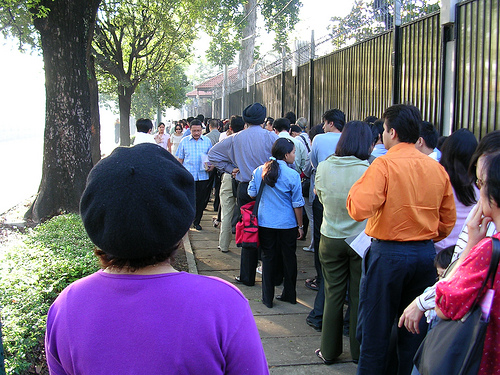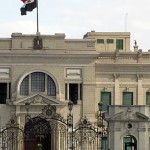
As the highly contested treasure trove of the State Department WikiLeak just keeps giving and giving, an interesting and under reported cable came to light earlier this week. It had to do, quite unexpectedly, with the social media strategy of the US State Department and specifically, the US Embassy’s social media efforts in Jakarta, Indonesia.
Jakarta? You ask. Yes, interestingly enough the US mission in the growing Southeast Asian archipelago nation is the most active of all in this ‘new’ and rapidly evolving field of public diplomacy. With more than 300,000 ‘Likers’ on Facebook at present and an impressive presence on Twitter and Youtube, the US mission in Jakarta was in a push to get a significantly bigger budget for its social media outreach in advance of President Obama’s November 2010 visit, the leaked cable reveals. Although the cable reveals nothing particularly controversial, it gives interesting insights into the growing importance of social media in America’s outreach efforts in highly connected developing countries, particularly in Asia. It also provides insights into the growing, albeit not openly publicized, funding involved in spreading the message about the US, its leadership and about its policies in the region by directly and interactively reaching out to a younger generation, active on Facebook and other social media channels. And the strategy seems to be working- in less than a year, the number of Likers on their Facebook page has grown six-fold, from 50,000 to 300,000 and the number of Twitter followers from 1,000 to more than 16,000, with regular interaction from fans of both services.
This development begs a lot of interesting questions about the future of public diplomacy:
- Are other diplomatic missions, even just other US missions around the world, taking note of the Jakarta Embassy’s success?
- Is there something unique and special about the Indonesian environment where social media-focused outreach efforts find particularly fertile ground beyond Obama’s personal connection to the country?
- Is the ‘soft power’ message that they are getting out uniquely suited to the kind of informal, multisensory interactivity that services such as Facebook, Twitter and Youtube represent and do these provide a highly fertile new ground for such ‘persuasive’ activities and the building of soft power across the world?
- Is social media changing the landscape of public diplomacy drastically and for good and what might its long-term effects be?
- Does this finally bring foreign relations closer to the people and their concerns or is it simply a veil behind which business-as-usual continues (the highly fortified US embassy in Jakarta, seen above, is a powerful reminder of this metaphorical paradox)?
For more information on this fascinating topic, check out our recent ISN Insights package on E-Diplomacy and look out for an article coming up in February on the specific impact that social media is having on foreign relations.




